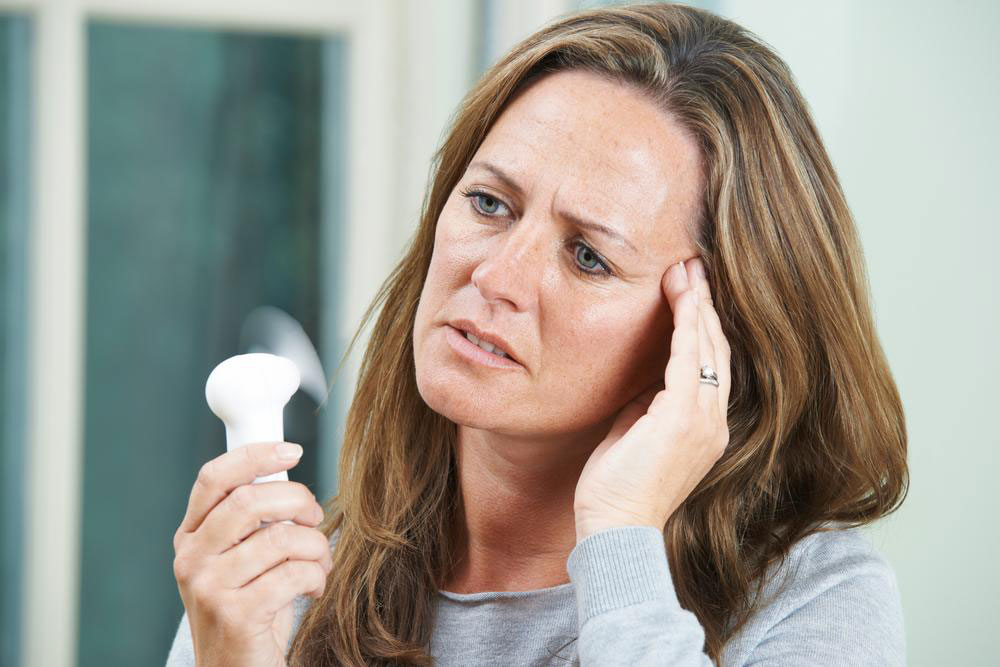Smart Approaches to Navigating Menopause Symptoms
This article offers effective strategies to manage common menopause symptoms through lifestyle changes, diet, and medical options. It covers hot flashes, sleep disturbances, vaginal discomfort, and weight management, helping women navigate this life stage with greater ease. Professional consultation is emphasized for personalized treatment. The guidance aims to improve quality of life during menopause by providing practical tips and medical insights.

Menopause signifies a pivotal stage in a woman's life, comparable to puberty. It results from hormonal fluctuations, mainly a decline in estrogen and progesterone, usually between ages 45 and 55. Some women may experience early menopause due to health treatments or genetics. Symptoms differ; some women encounter minor issues, while others face considerable challenges. Thankfully, lifestyle changes, diet modifications, and medical interventions can help manage these symptoms effectively.
Key menopause symptoms include:
Hot flashes:
Sudden episodes of intense warmth, often starting in the chest and spreading upward, with sweating. Triggers include spicy foods, stress, environmental heat, tight clothing, and caffeine. Wearing breathable fabrics, staying hydrated, and avoiding triggers can help. Medical options like hormone therapy are also available under healthcare supervision.
Sleep difficulties:
Hormonal changes and hot flashes can disrupt sleep patterns, causing insomnia. Creating a cool, dark sleeping environment, practicing relaxation techniques, and taking warm baths before bed can enhance sleep quality. For persistent issues, consulting a healthcare provider for tailored treatment is advisable.
Vaginal dryness and discomfort:
Decreased hormone levels can cause dryness, irritation, and pain during intimacy, along with urinary problems. Vaginal estrogen creams or tablets like INTRAROSA® can provide relief. Including vitamin E-rich foods and performing Kegel exercises to strengthen pelvic muscles may also help. Always seek medical advice before starting treatments.
Weight management:
As metabolism slows with age, weight gain during menopause is common. Embracing a balanced diet, engaging in regular physical activity such as cardio, strength training, and yoga, alongside stress management, can assist in maintaining a healthy weight and overall wellness.
While menopausal symptoms can be challenging, proactive lifestyle modifications and professional guidance can significantly ease discomfort, making this life phase smoother.
Note: The information is intended for educational purposes only. Always consult a healthcare professional for personalized advice and treatment options.


